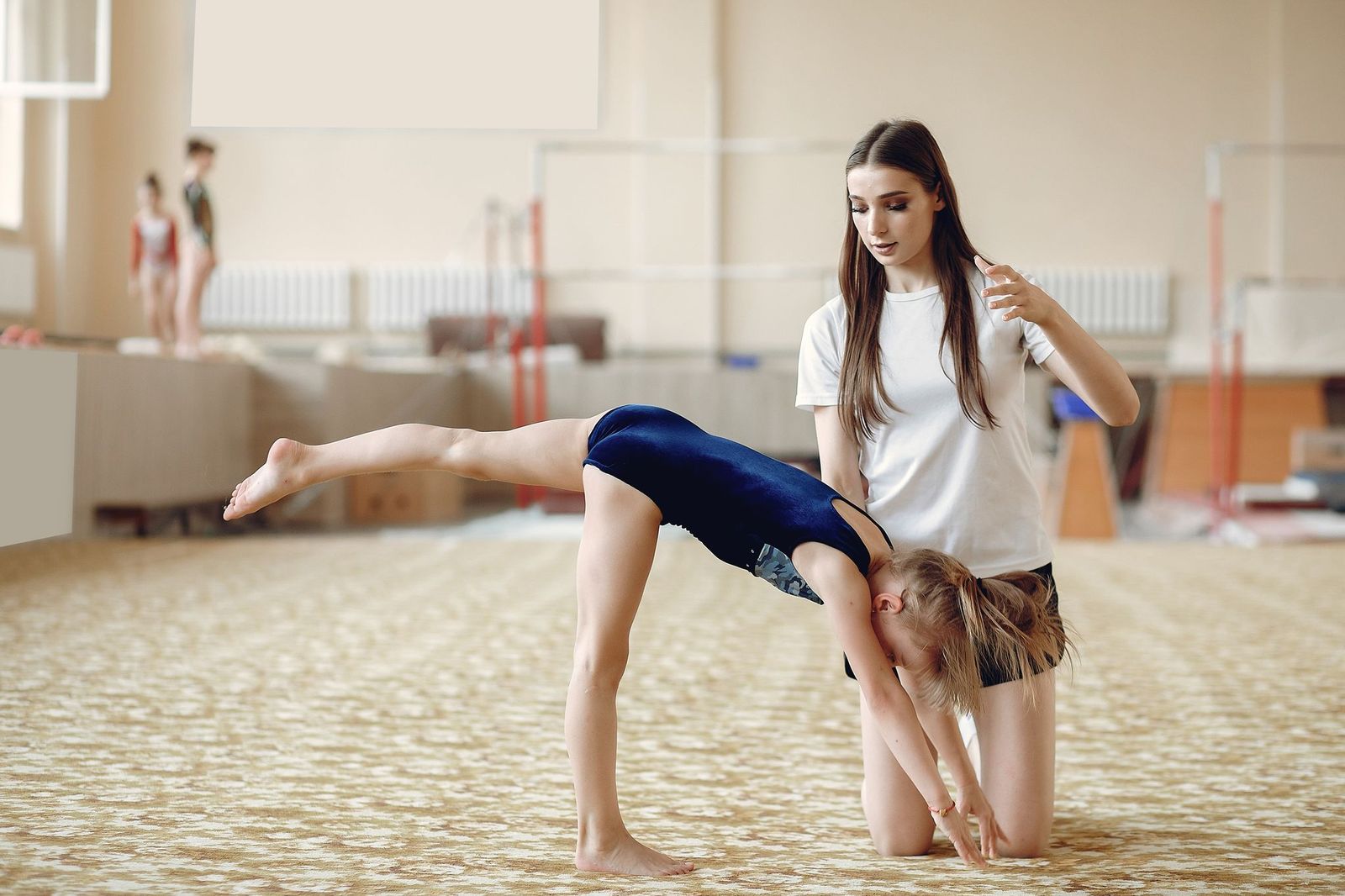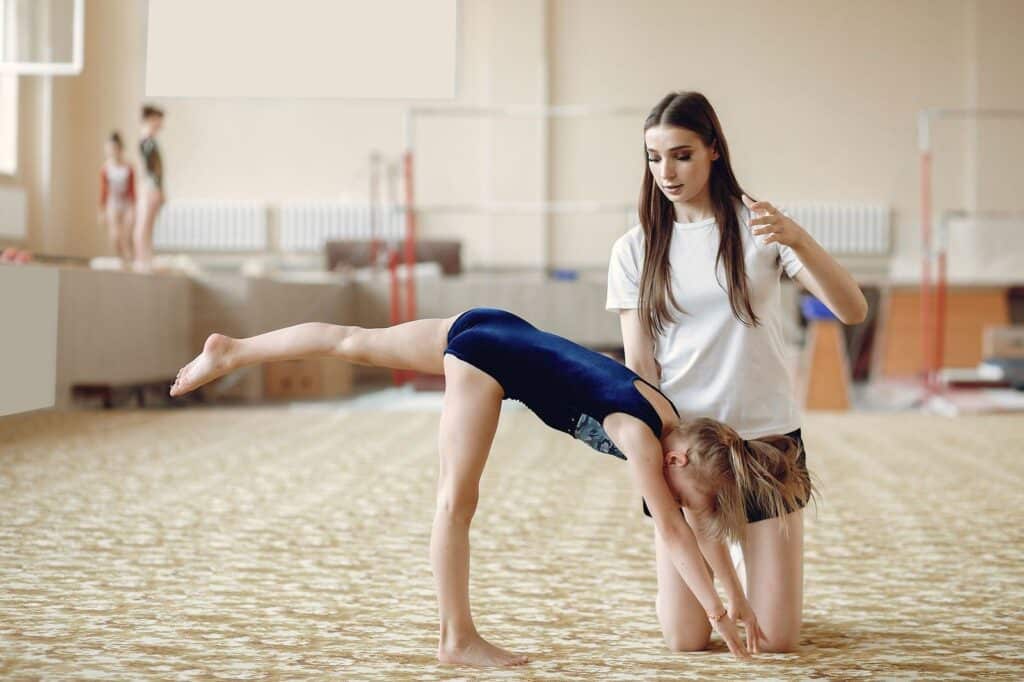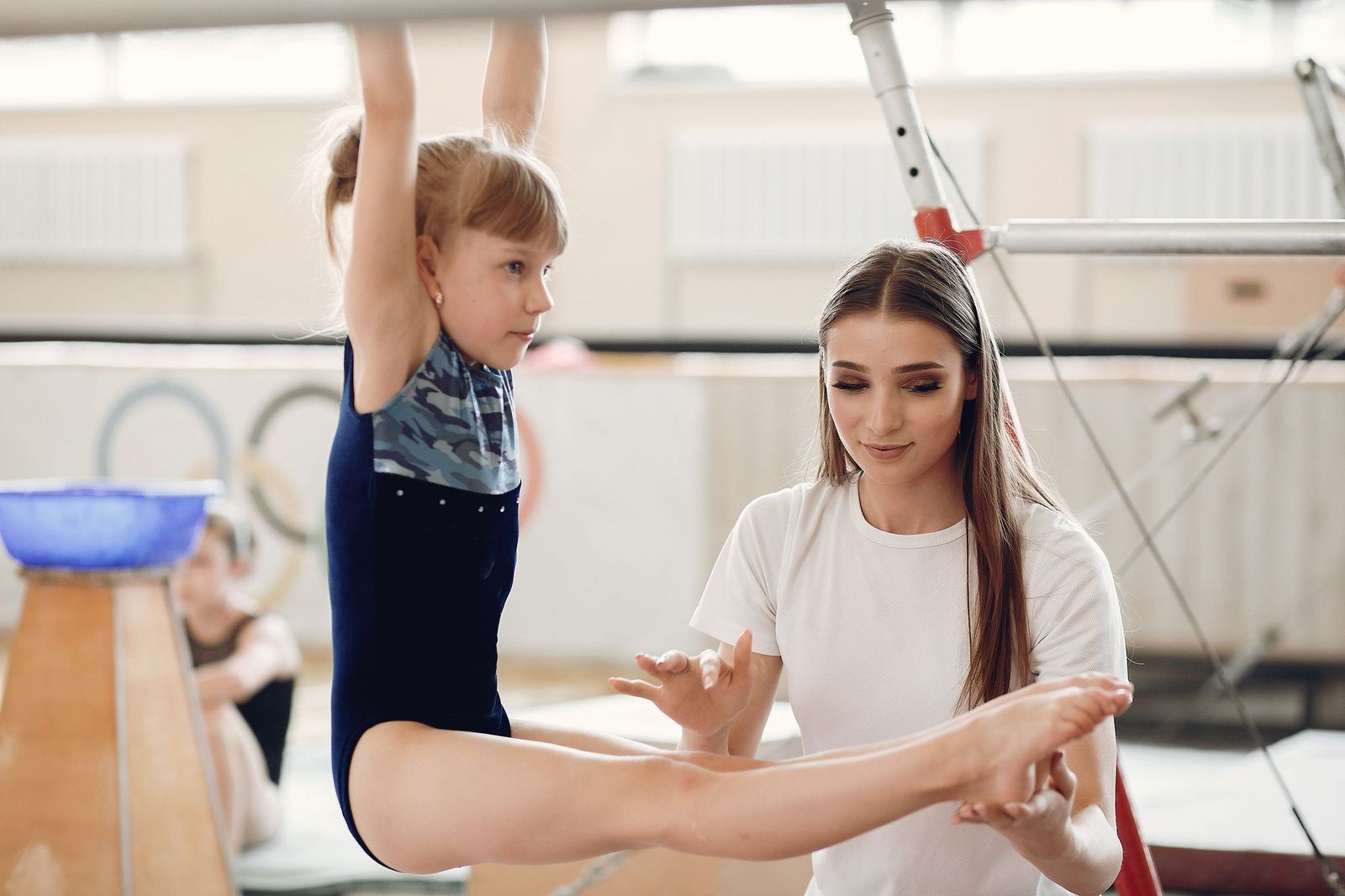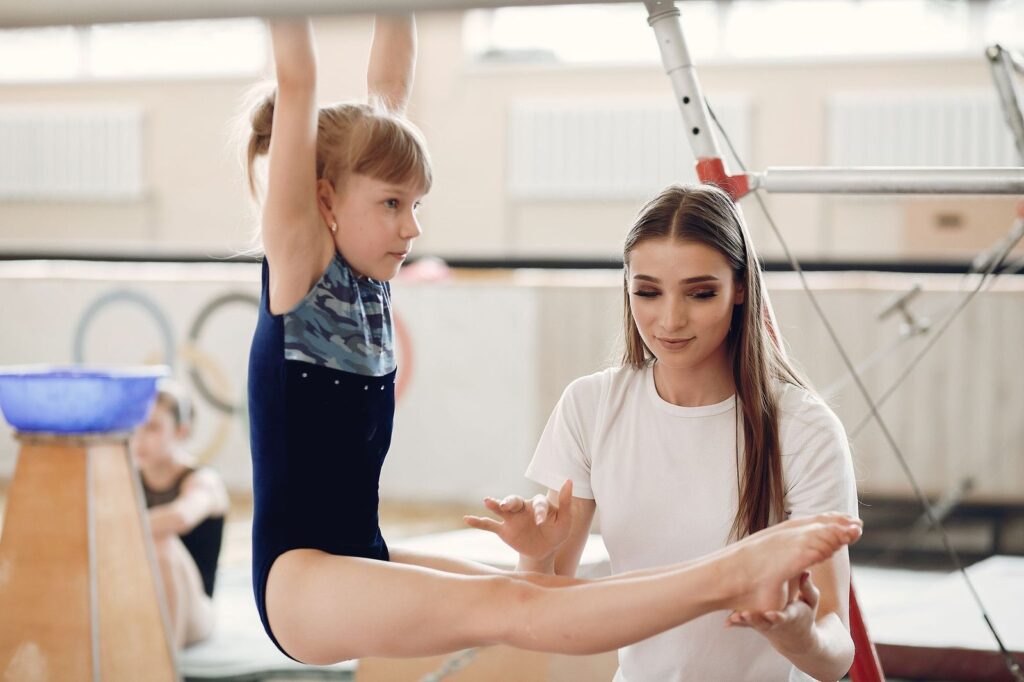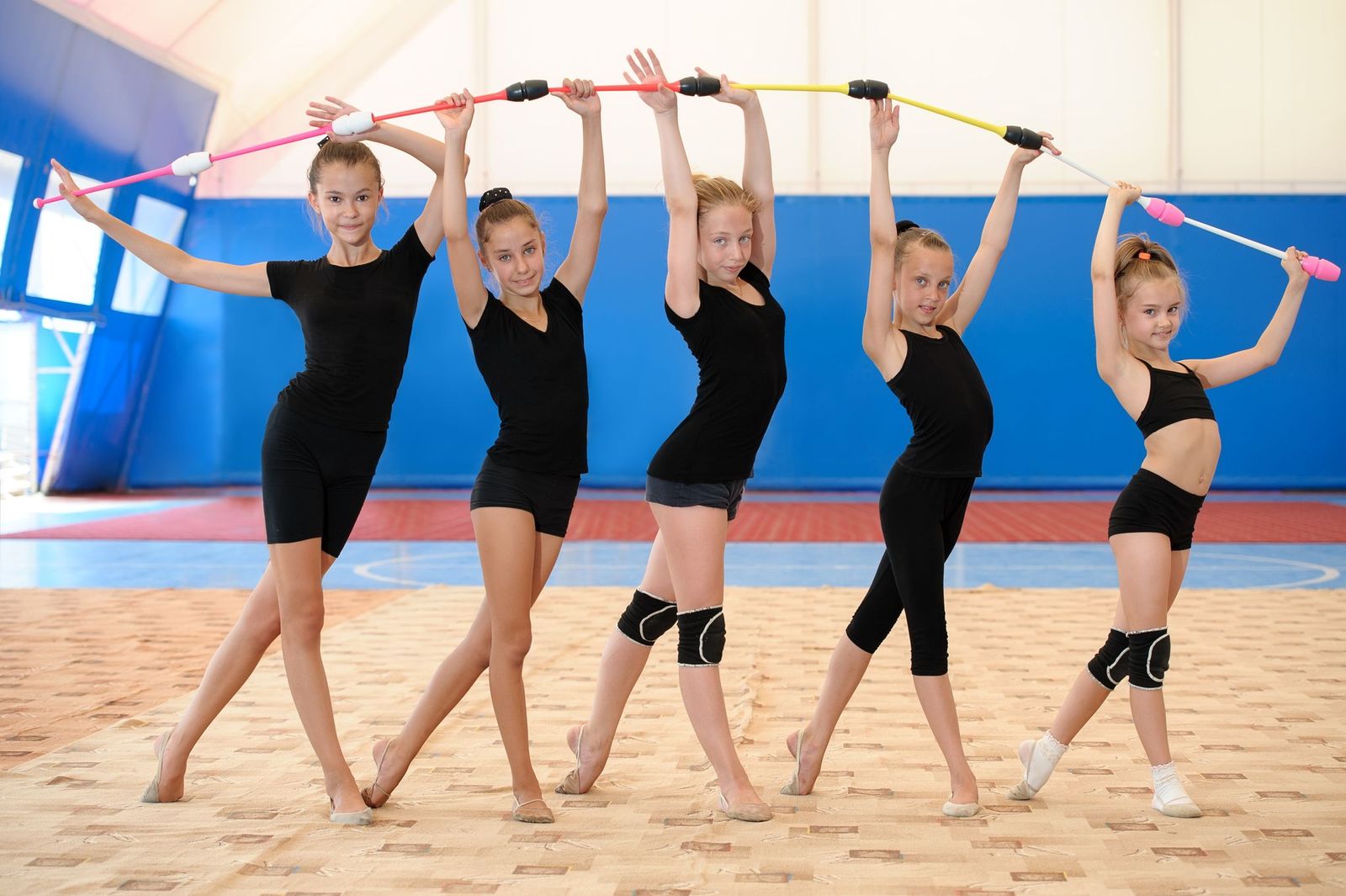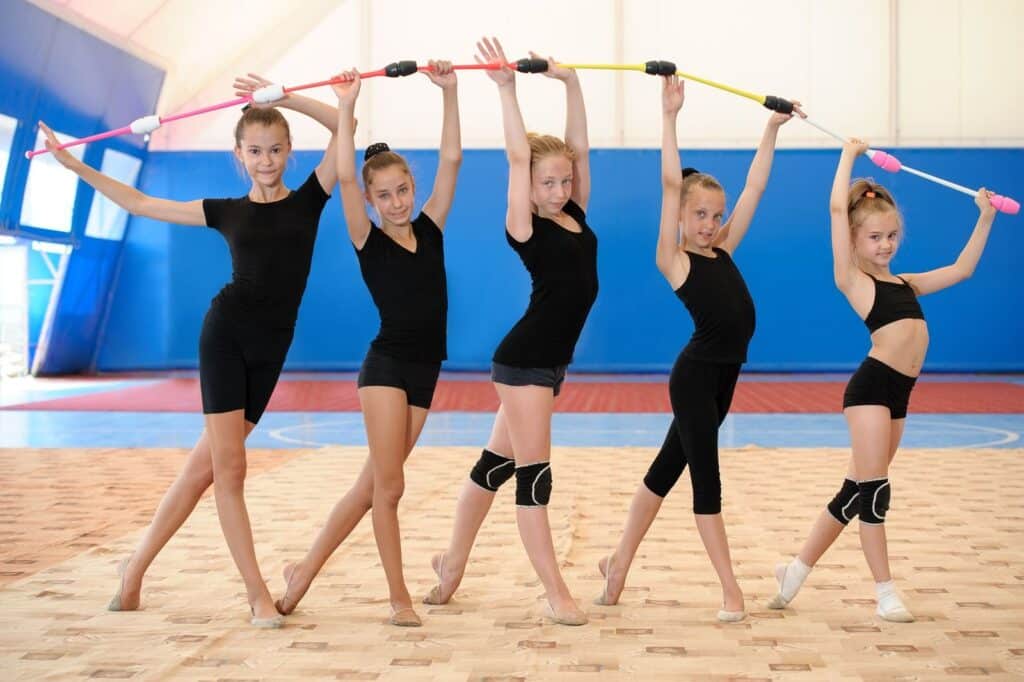Confidence isn’t just about skill. It’s not just about perfect routines or flawless execution.
True confidence often starts long before athletes step on the mat, the floor, or into the arena. It begins with preparation.

When athletes feel unsure about logistics; equipment, timing, uniforms, or even what’s expected, they carry that uncertainty into their performance. Even the most talented athlete can struggle when they’re distracted by questions like:
-
“Do I have all my grips ready?”
-
“Is my uniform clean, complete, and correct?”
-
“Do I know exactly when and where to warm up?”
-
“Am I ready or should I know anything else before competing?”
Small uncertainties like these quietly chip away at confidence. They aren’t dramatic mistakes, they’re little cracks that build up, and even the most focused athletes notice.
That’s where preparation comes in. Thoughtful preparation isn’t just about checking off a list; it’s about creating an environment where athletes feel safe, capable, and ready.
-
Equipment checks: Ensuring grips, ribbons, or saddles are ready and in good condition removes last-minute stress.
-
Clear schedules: Knowing exactly when warm-ups, lineups, and routines happen gives athletes a sense of control.
-
Uniforms and presentation: A faded or mismatched uniform may seem minor, but athletes notice it, and it can subtly undermine confidence.
Preparation communicates a powerful message without a single word: You’re safe here. Things are handled. You can focus on your performance.
It’s also about building trust over time. Athletes notice consistency. They learn that when their coach is prepared, the program is predictable and supportive. That predictability allows them to take risks, push harder, and recover faster from mistakes.
Preparation doesn’t guarantee perfection, but it gives athletes a strong foundation for confidence. When the environment feels reliable, the mind is free to focus on growth, execution, and performance.
And here’s the secret many coaches miss: the mental edge that comes from preparation often outweighs skill alone. Two athletes with equal technical ability will perform differently if one walks into a competition feeling certain and ready while the other is distracted by small unknowns.
Preparation, then, isn’t a chore, it’s a competitive advantage. It’s the hidden factor behind the routines that look effortless and the performances that feel unstoppable.
Next time you’re thinking about confidence, remember: it’s not just what you teach in practice. It’s what you prepare for before practice, before competition, and even before the athlete knows it matters.
Small details. Consistency. Readiness.
These are what allow athletes to walk into the arena knowing: I’ve got this.


